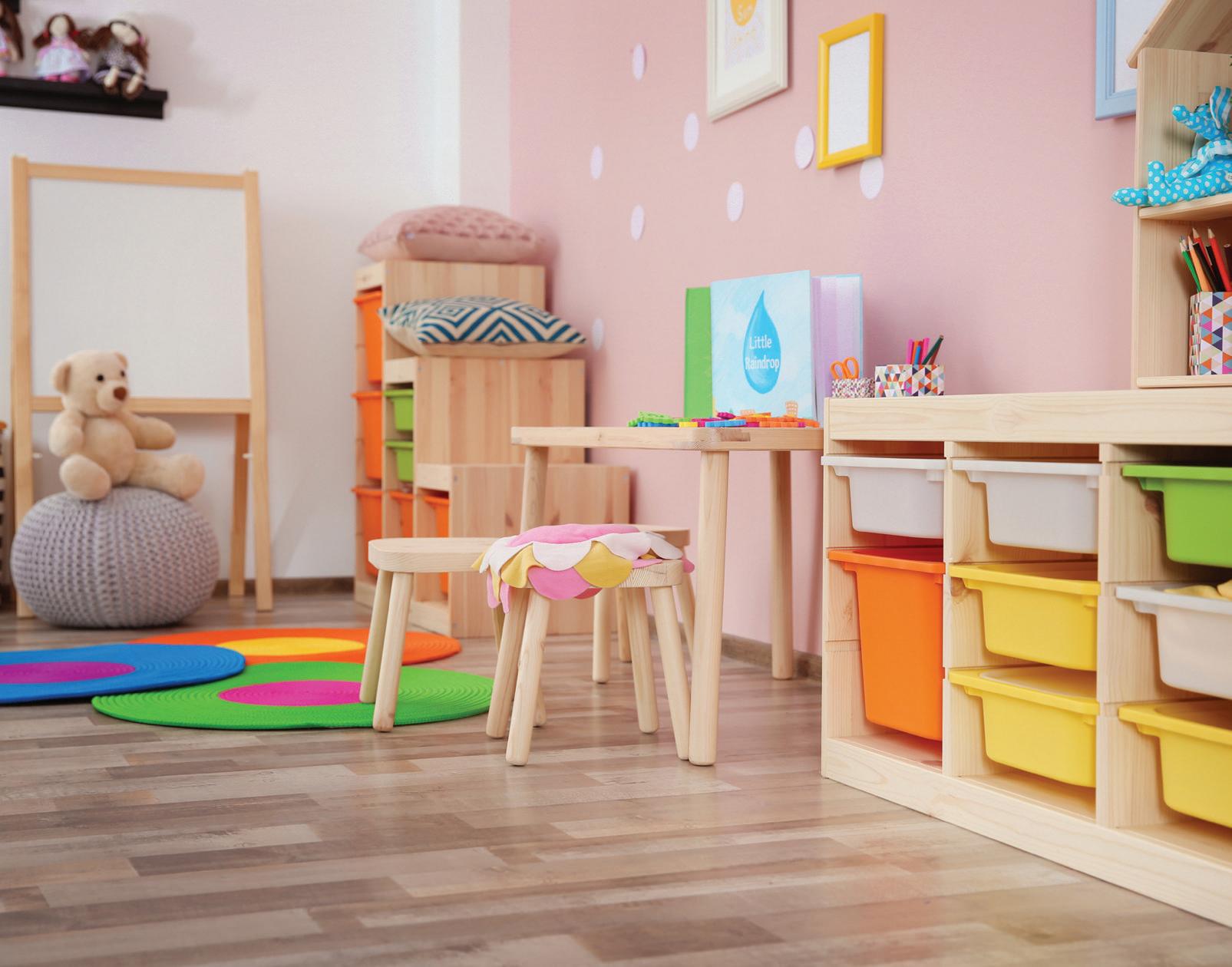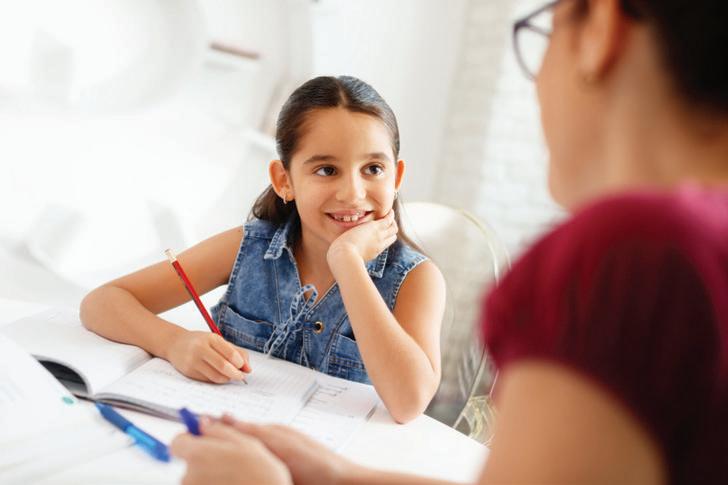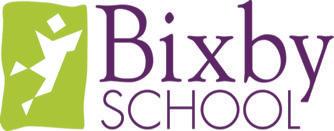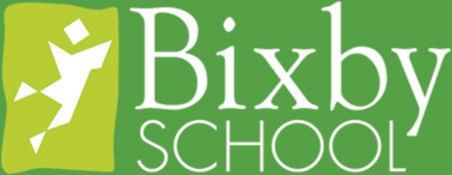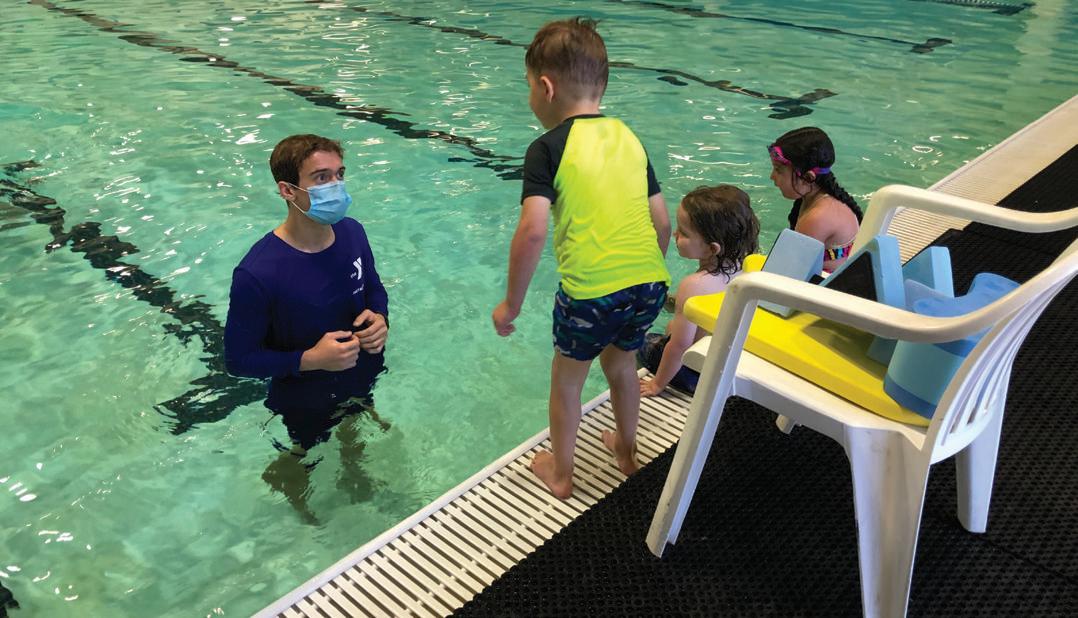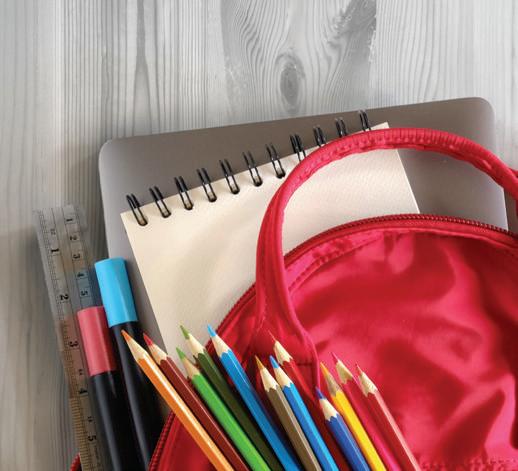
3 minute read
Easing Your Child Into Schooling In a New Environment
Raised in the Rockies Easing Your Child into Schooling in a New Environment
One of the best ways to avoid the dreaded “drop-off drama” is to be clear about expectations, and give your child the space to express their concerns.. (Photo: Shutterstock).
BY PAM MOORE for Raised in the Rockies
For parents and children alike, the beginning of the school year elicits both anticipation and anxiety, even under the best circumstances. The prospect of returning to the classroom in the middle of a pandemic is enough to make anyone lose sleep. We talked to Chandra Lontz-Smith, licensed professional counselor and owner of Genuine Heart Counseling in Longmont, to find out how kids – and grown-ups – can manage back-to-school nerves.
ACKNOWLEDGE YOUR CHILD’S FEELINGS
According to Lontz-Smith, who works with children ages three and up as well as adults, we must acknowledge that anxiety amid uncertain circumstances is normal. Amid this uncertainty, we need “someone to be there with us in the midst of whatever we are feeling.”
That means allowing our children to feel whatever they are feeling, no matter how big or uncomfortable it is. “One of the best gifts we can offer our kiddos,” she explains, is “listening and validating these feelings, even if we, as parents, have a different perspective of the situation.”
Modeling our willingness to feel our feelings helps to show our kids that their emotions are valid. “An example would be noticing one’s own anxiety, saying it out loud, and then sharing how we are taking care of ourselves in the midst of it.” For example, you might tell your child you’re feeling worried so you’re going to take a walk or call a friend.
Lontz-Smith also reminds us that anxiety often triggers kids’ irritability and anger. But, “with warmth and caring, the anger will often melt into the worries and fears underneath.”
PRACTICE SELF-CARE
It’s essential to make sure we are taking care of ourselves so we have the energy to take care of our kids when they need us.
Lontz-Smith encourages parents to focus on the basics, including exercise, sleep, staying connected to friends, or seeing a therapist. [{"A?":"I","A":406.9698811488103, 105 A DMISSION OPEN FOR 2020
At its most basic, self-care can be as simple as breathing. “Sometimes the best thing we can
D " , " A " : "D":652.8,"C":67.64673311184941, "A":{"B":{"A": {"A":"MADN0B9YVF0","B":1},"B": {"A":-4.263256414560601E14,"D":664.0957037669991,"C":10 1.93096848516731}}}}],"B":816,"C": do is just to pause and notice it’s going Smith, adding, “this helps us see the bigger picture, find clearer direction, among other supports.”
potential.
COMMUNICATE
ways to avoid the about expectations letting them know teachers are doing to keep them safe can alleviate some
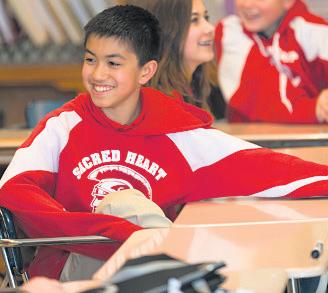
of the anxiety,” she explains. “Also, giving them time to share worries or questions, and supporting their creative solutions can help them feel like they have some influence over the situation.”
Keep in mind that sometimes your child just needs to feel heard. “Often just listening through a good cry (or maybe several) without trying to fix or do anything can help relieve a child of the tensions and anxiety they feel inside.”
Meanwhile, says Lontz-Smith, there’s a particular “under the radar” type of stress we need to consider – navigating social dynamics while wearing masks and social distancing. Coronavirus precautions rob us of the many of the non-verbal cues we rely on to navigate social dynamics. This can be not only emotionally challenging for kids, but increased stress is known to interfere with learning.
Lontz-Smith encourages us to “feel into these subtle situations or at least get curious about them, and then name them.” For instance, teachers can acknowledge that masks can be distracting and how nice it would be for life to return to the way it was before coronavirus. As she puts it, “It helps normalize the
on,” explains Lontzand feel empathy,
One of the best dreaded “drop-off drama,” says LontzSmith, is to be clear – and give your child the space to express their concerns.
“Helping children to understand what to expect and what you and their
You will be known.

You will be loved.
Our innovative programs are designed to promote intellectual curiosity, develop character and help each child reach their experience.”
•5days of full time, in-person learning; streaming and virtual curriculum options available
• Preschool through 8th grade
• Small class size
• Welcoming and supportive community
• Tuition assistance available
• Providing nurturing, values-based education for 120 years
DULE YOUR TOUR TODAY!SCHEDULE
CALL 303-447- 2 362 OR EMAIL ADMISSIONS@S H J BOULDER.ORG
Sacred Heart of J esu s School 1317 Mapleton Ave. Boulder, 80304 school.shjboulder.org www.facebook.com/school.SHJboulder/


